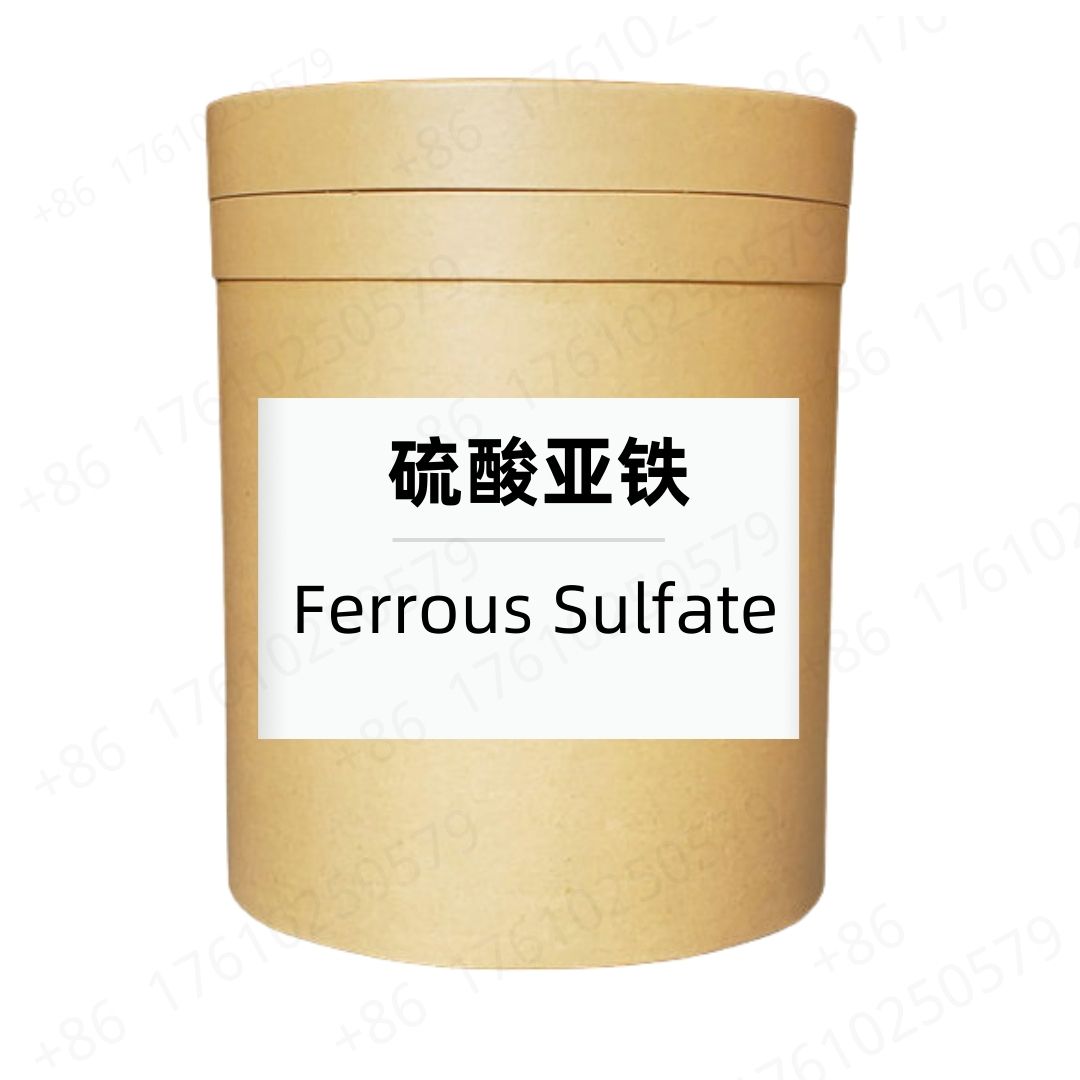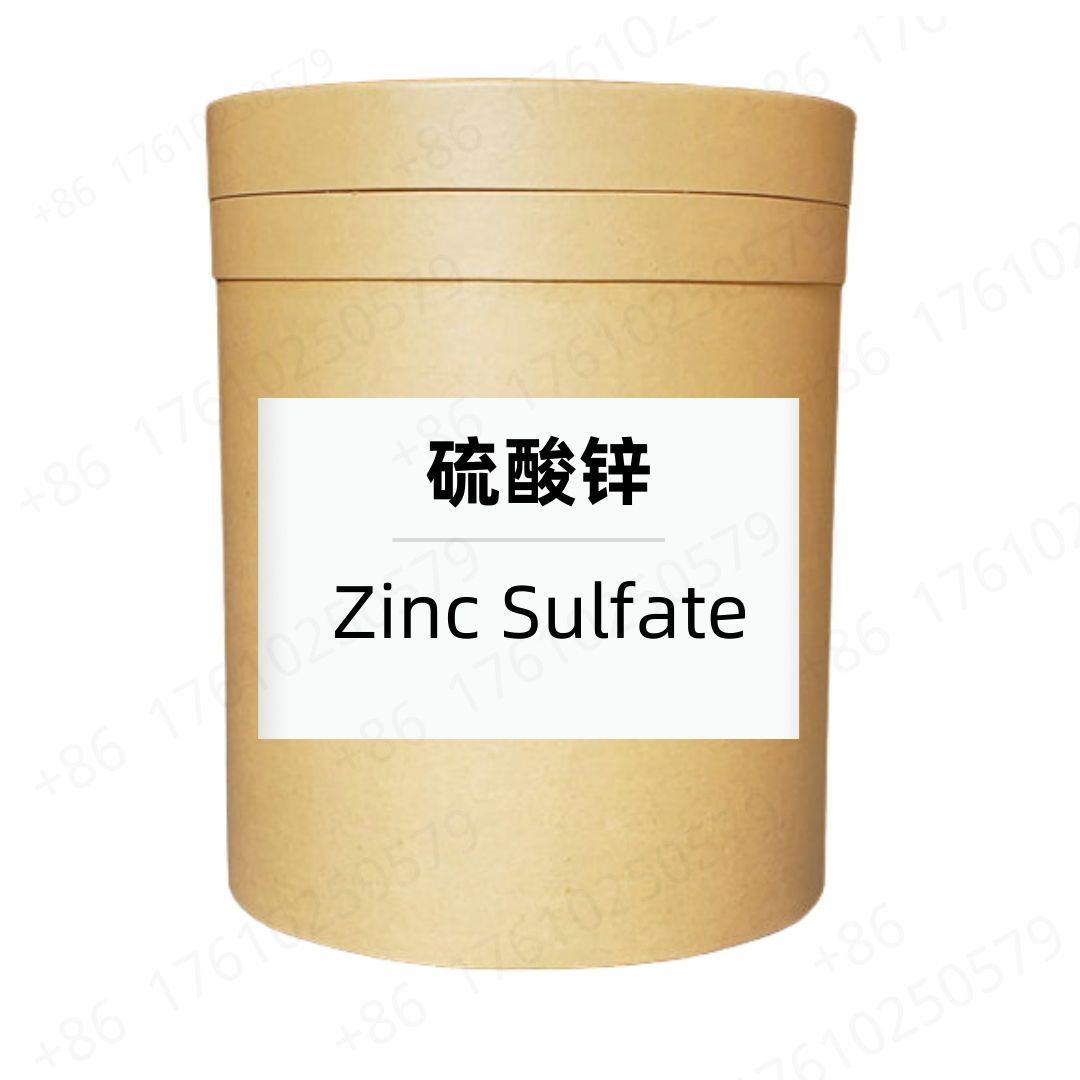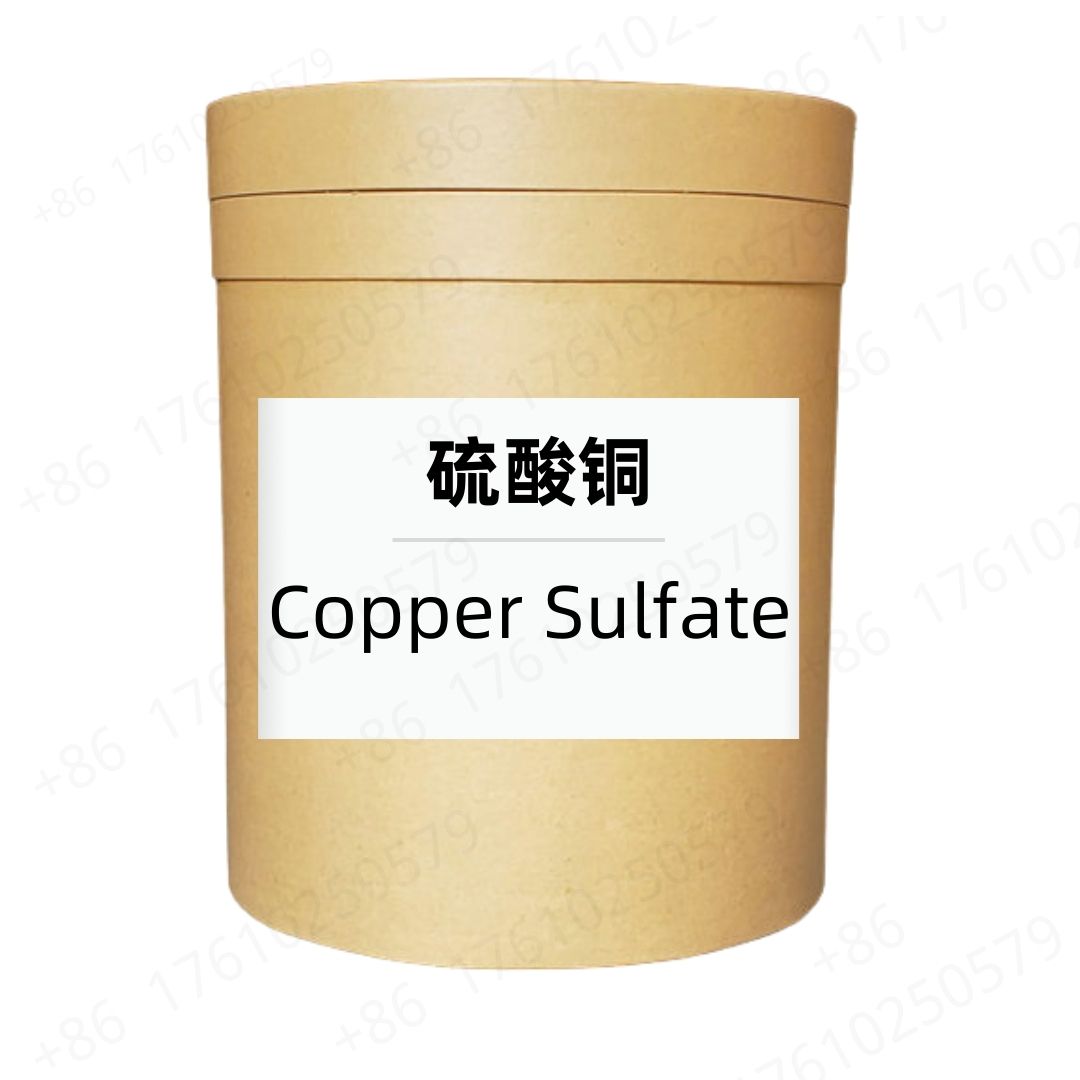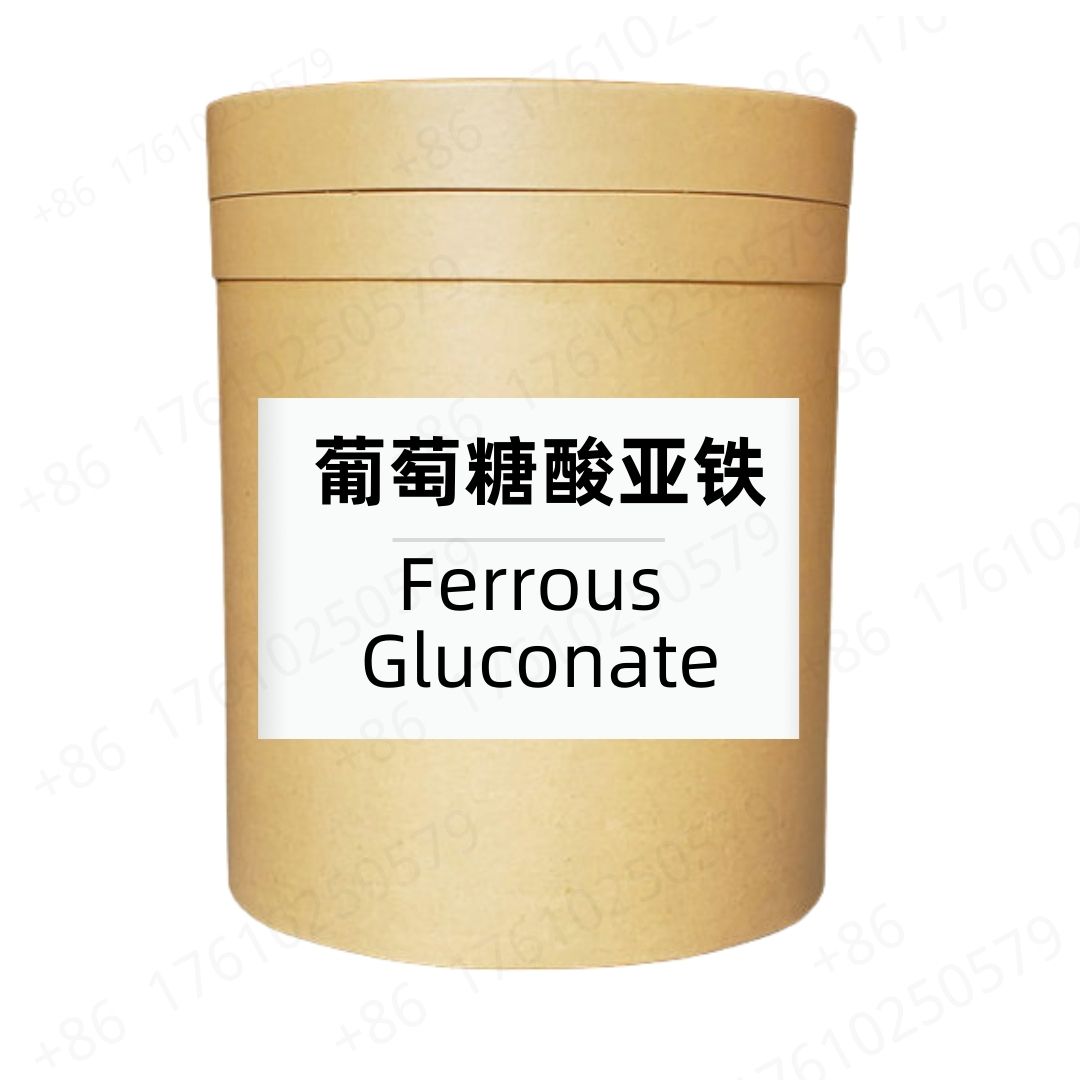Product Introduction
Magnesium chloride is an inorganic compound frequently used in various industries, particularly in food preservation, agriculture, and chemical production. It is valued for its high solubility and ability to provide essential magnesium, which plays a crucial role in many biological processes. This compound can be derived from seawater or mineral deposits, making it an accessible mineral for diverse applications.
Production Process
The production of magnesium chloride typically begins with the extraction of brine from seawater or natural deposits. The brine is then processed to remove impurities through filtration and evaporation, leading to the crystallization of magnesium chloride. Once crystallized, it is dried and packaged for distribution.
Product Functions and Effects
Magnesium chloride serves multiple functions, including acting as a food additive, a coagulant for tofu, and a de-icing agent in colder climates. It is also known to enhance the bioavailability of magnesium in dietary applications, supporting various bodily functions like nerve transmission and muscle contraction. Additionally, this compound can help with moisture retention in agricultural settings and serve as a source of magnesium for soil enrichment.
Product Application Scenarios
In food production, magnesium chloride is often used as a firming agent in processed foods and a flavor enhancer in snacks. In agriculture, it can be applied to help improve soil structure and support plant health. The compound is also utilized in industrial settings, such as in the manufacture of magnesium metal and chemical products.
Packaging and Storage
Storage Conditions: Store in a sealed, light-proof container, away from high temperatures, in a dry, cool, and well-ventilated place.
Packaging: Bulk: 25kg/fiber drum; Sample: 1kg/aluminum foil bag; Custom packaging available upon request.
Shipping Methods: FedEx, DHL, dedicated logistics, and sea freight consolidation.
Shelf Life: Two years.
Monica Sun possesses extensive technical expertise and market insights in the food additives industry. She excels in designing efficient and safe additive formulations tailored to various food applications, ranging from sweeteners to functional dietary fibers. Monica has successfully assisted food manufacturers in optimizing ingredient combinations to enhance product quality and improve consumer satisfaction.















